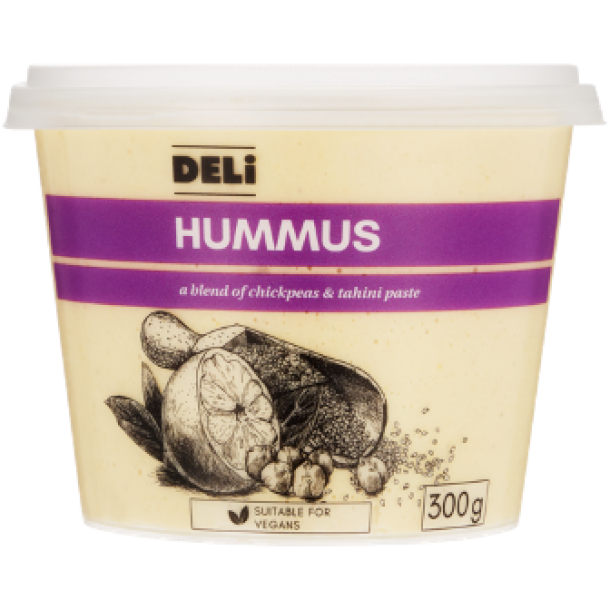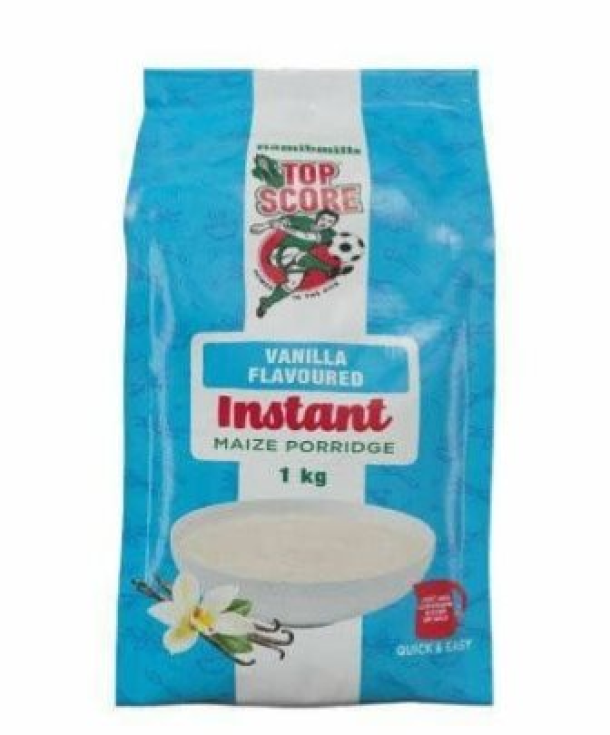What do the best-before, sell-by and use-by dates on food products really mean
Speaking at the National Health Laboratory Service on Monday, 3rd September 2018, health minister Aaron Motsoaledi clarified once and for all how the date-marking on food products works in South Africa – including the abolishment of the “sell-by” date.
According to the minister, the three date-markings have caused much confusion among, not only consumers and producers, but also governments around the world.
He said that South Africa, like many other countries, are party to the United Nations’ policies on these dates, and not even they were 100% sure about them.
So widespread is the confusion that as recently as July 2018 the UN ruled to drop the “sell-by” date from the list.
Typically, the differences between the dates have been explained as follows:
- Best-before date: The suggested date before which the full quality of the product, as marketed, can be enjoyed.
- Sell-by date: Refers to a product’s shelf life in-store – the recommended time in which it should be sold to retain marketed quality.
- Use-by/Expiry date: The date after which food will perish, and will no longer retain the marketed quality.
According to Motsoaledi, confusion arises because there is significant crossover between which market segment the dates are directed at.
He said that the “best-before” date, which consumers often read and confuse for the expiry date, is actually an indicator for producers and retailers of general stock life and quality, and more for them to know when the stock needs to be rotated.
“Best-before does not indicate when food will be expiring, it’s for companies to know that, even though these things won’t spoil, they have been on shelves long enough and they must rotate stock,” he said.
This is similar to the sell-by date, which is aimed at retailers and producers, and acts as a suggested timeframe in which to sell the product.
The expiry date, which indicates the point food will perish, does not mean that food past the date will “automatically become poison”, it just becomes “unpalatable”, Motsoaledi said.
“Some people take milk out and it goes sour. Some people in South Africa drink sour milk,” he said.
However, Motsoaledi noted that it is important for producers to respect the expiry date, because it is difficult to get the concept of “unpalatable” across to consumers, and by ignoring the date, it will open the door to a host of potential health problems.
Global standards
The United Nations’ food standards body, the Codex Alimentarius Commission, adopted new definitions for labelling and date marking foodstuffs in July 2018, to make it easier for consumers to understand these dates.
The definitions preclude “sell-by” dates, as Motsoaledi stated. They now include:
- Best-before date or best quality before date – the date which signifies the end of the period, under any stated storage conditions, during which the unopened product will remain fully marketable and will retain any specific qualities for which implied or express claims have been made. However, beyond the date the food may still be acceptable for consumption.
- Use-by date or expiration date – the date which signifies the end of the period under any stated storage conditions, after which the product should not be sold or consumed due to safety and quality reasons.
When a food must be consumed before a certain date to ensure its safety and quality the use-by date or expiration date must be declared. Where a use-by date or expiration date is not required, the best-before date or best quality before date must be declared, the UN said.
If products must be consumed within three months, a day, month and year must be indicated. For products lasting beyond three months, a month and year must be indicated.
Other dates that may show up on products include:
- Date of Manufacture: The date on which the food becomes the product as described. This is not an indication of the durability of the product.
- Date of Packaging: The date on which the food is placed in the immediate container in which it will be ultimately sold. This is not an indication of the durability of the product.
News Category
- International retailers
- On the move
- Awards and achievements
- Legislation
- Wine and liquor
- Africa
- Going green
- Supplier news
- Research tools
- Retailer trading results
- Supply chain
- Innovation and technology
- Economic factors
- Crime and security
- Store Openings
- Marketing and Promotions
- Social Responsibility
- Brand Press Office
Related Articles

Eskort is celebrating 107 years

UK poultry industry as exports to South Africa ...

Playful bubble tea shops launch in selected Che...

Consumer Commission launches investigation into...


